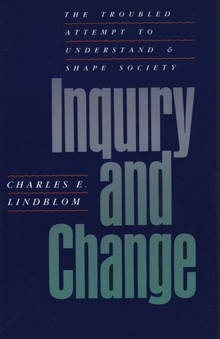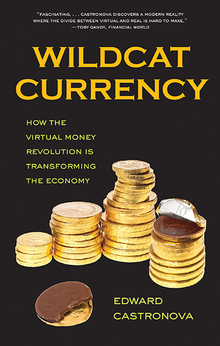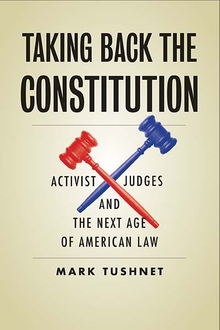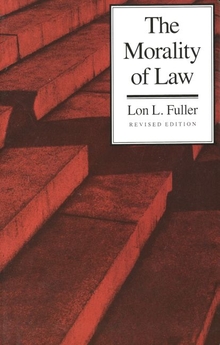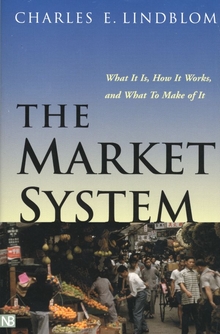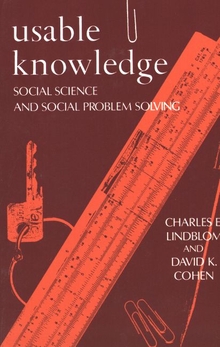Inquiry and Change
WARNING
You are viewing an older version of the Yalebooks website. Please visit out new website with more updated information and a better user experience: https://www.yalebooks.com
The Troubled Attempt to Understand and Shape Society
Charles E. Lindblom
"The pensive and lucid voice of Inquiry and Change challenges us to rethink the relationship of knowledge, power, problem solving, and citizenship. I know of no other contemporary consideration of these fundamental issues that is as novel or as deep. This is that rare book that repays multiple readings and that alters understanding of the subjects it touches."—Ira Katznelson, Loeb Professor of Political and Social Science, New School for Social Research
"In a suggestive sequel to his earlier work on mutual adjustment and the public's knowledge, Lindblom here proposes the notion of a self-guiding society. It is an open society with widespread inquiry by members at many levels, in which impairments to such inquiry are reduced, and social scientists aid but do not simply solve problems."—Duncan MacRae, Jr., William Rand Kenan, Junior Professor of Political Science and Sociology at the University of North Carolina at Chapel Hill
"As usual, Lindblom cuts through to the core issue: How is society to understand its central problems and challenges? With originality and courage, he takes on the social scientists and the policy analysts, and presents an inspiring picture of a self-guiding democracy that continuously deliberates over means and ends. A signal contribution."—Robert B. Reich, Harvard University
"Social Inquiry is a splendid and important piece of work. It puts into society-wide and public-oriented perspective such themes as the role of the state in causing as well as resolving conflicts, the dependence of social science on lay knowledge, and the need for thoughtful criteria for social scientists' choice of research problems."—Professor Carol H. Weiss, Harvard University
"Lindblom provides a graceful fusion of the liberal imagination and the social science tradition. It is a much needed effort to show that, for all its vacillations and limitations, social research has become the central supplement of the common wisdom in fashioning worthwhile social policy. The references alone are worth the price of admission. They substantiate Lindblom's claim that the aspiration to improve social policy is the tough thread in advancing democracy."—Irving Louis Horowitz, Hannah Arendt Distinguished Professor of Sociology and Political Science, Rutgers University
"This is vintage Lindblom—clear-headed, skeptical of conventional thinking, and unrelenting in his determination to penetrate to the heart of things. Along the way he calmly and boldly punctures claims about scientific solutions to social problems."—Hugh Heclo, Robinson Professor, George Mason University
"Charles Lindblom, a mature interdisciplinary trespasser, has opened windows in this book between the stuffy hovels of the different social sciences and has probed deeply into the structures that impair the often invisible and unplanned movement towards human betterment. This is the product of a lifetime of probing into the deeper mysteries of society, with something of an x-ray vision. The book should have a warning on the cover: This book may shake you out of complacency!"—Kenneth E. Boulding, Distinguished Professor of Economics, Emeritus, University of Colorado at Boulder
"Satisfying . . . disturbing, and most provocative. . . . Lindblom has cleared much of the underbrush that has grown with the professionalism of social science. Lindblom also powerfully reminds us that dialogue and mutual respect are, or should be, what we want to promote both for our own good as well as society's."—Ronald J. Terchek, Perspectives on Political Science
"Those who believe that the guiding values and standards of society have been shaped by school, church, family, and government to preserve the advantages of the elite, and that social progress depends principally upon a populist reconsideration and reformulation of those values and standards will love this book. . . . Everyone can learn much from the first 55 pages of this book. And many others will find the remainder highly effective in getting their blood racing and their adrenaline pumping."—Charles L. Schultze, Political Science Quarterly
"This book makes its points forcefully. . . . The book is a major contribution. Lindblom advances his arguments clearly, drawing on a wealth of carefully cited literature."—Burkart Holzner, Contemporary Sociology
"Remarkable. . . . A lucid analysis of the methodology of the social sciences. . . . A spirited defence of a liberal conception of democracy and of the relationship between state and society. . . . This is an excellent book that deserves to be read and discussed by all who care about the quality of debate in the public arena."—Laurent Dobuzinskis, Canadian Journal of Political Science
"Lucid and erudite . . . [Lindblom's] analysis is consistently balanced, judicious, and restrained."—Joel Doerfler, Teachers College Record
"Explores many important questions. . . . An ambitious work. . . . A book well worth reading."—Steven A. Peterson, Social Science Quarterly
"Lindblom challenges much orthodox thinking on the role of social science and the nature of its subject matter. The challenge is serious not because it offers an alternative orthodoxy but precisely because it seeks to undermine the necessity of any orthodoxy."—Alan Hamlin, Ethics
Publication Date: July 29, 1992

